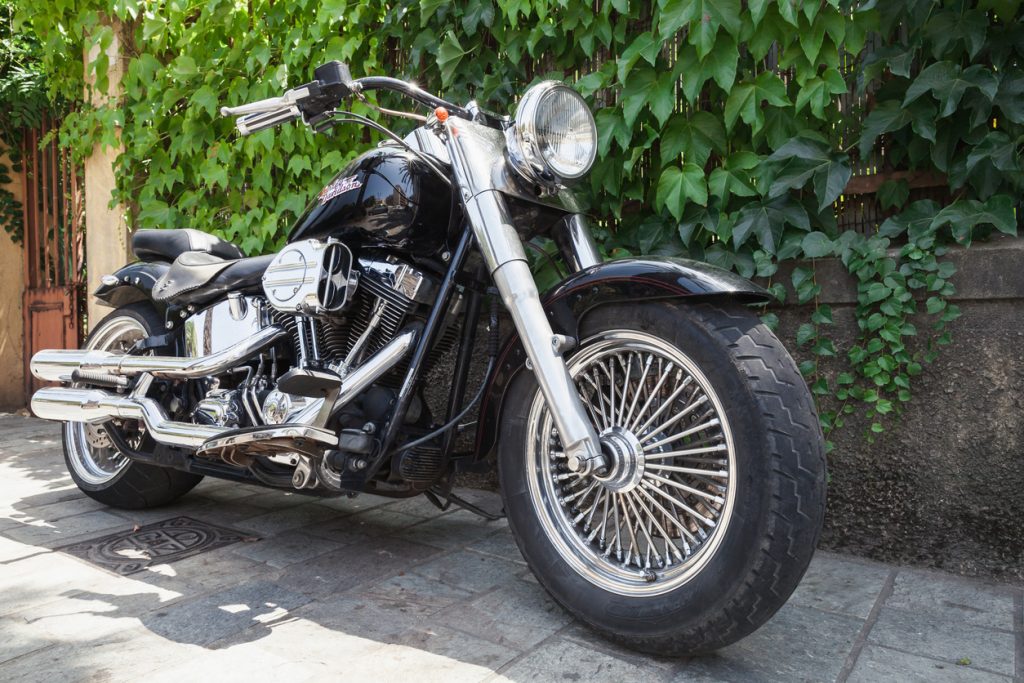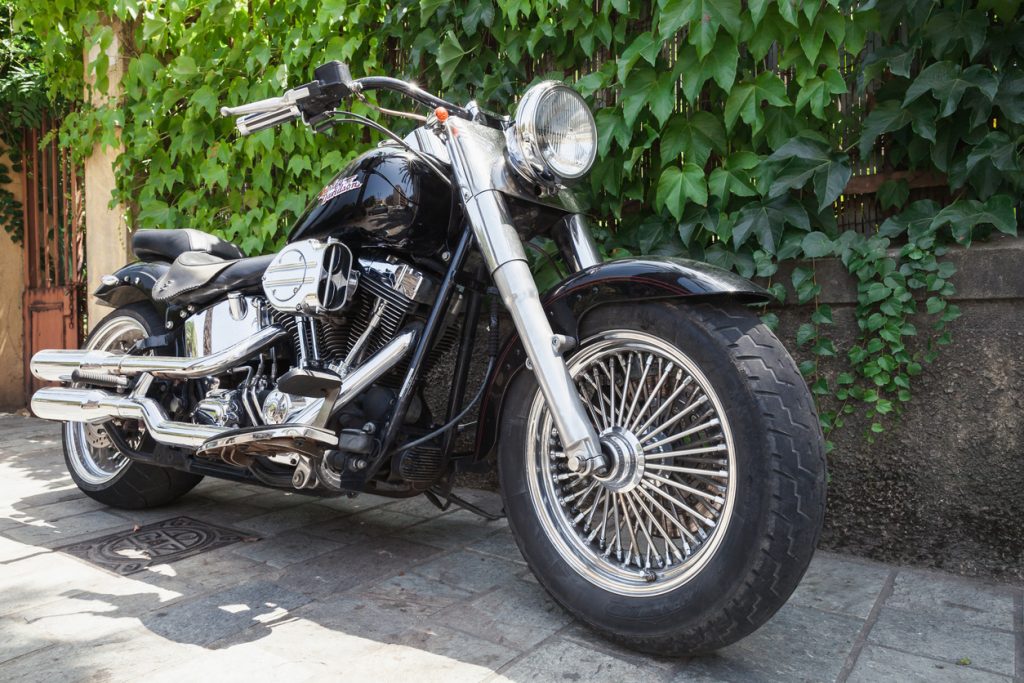Here’s the story behind two of the best-known names in America. (This article was first published in Uncle John’s Legendary Lost Bathroom Reader.)
The first motorcycle was developed by Gottlieb Daimler, one of the founders of Daimler-Benz (maker of the Mercedes Benz) in Germany in 1885. Ten years later, two German brothers, Hildebrand and Alois Wolfmuller, began manufacturing motorcycles to sell to the public.
In 1901 news of the Wolfmullers’ motorcycles reached Milwaukee, Wisconsin. Four young friends—21-year-old William Harley and the Davidson brothers, William, Walter, and Arthur—decided to build a small engine in the Davidsons’ backyard and attach it to one of their bicycles. Legend has it that the engine was made from household castoffs, including a carburetor made of a tomato can.
After working out the bugs on their prototype, they built three more motorized bicycles in 1903 and began riding them around town. Their bikes were simple but reliable—one of them ultimately racked up 100,000 miles. People began asking if they were for sale. The Harley-Davidson Motorcycle Company legally incorporated in 1909. More than 150 U.S. manufacturers eventually followed suit, but Harley-Davidson has outlasted them all. It’s now the only American motorcycle company and sells more than 50,000 motorcycles a year.
The Harley Image
In the mid-1980s, Harley’s “rough rider” image began hurting sales. So the company took steps to change it. They encouraged Harley execs to wear white or red shirts to biker rallies to dispel the notion that Harley riders wear only black. They formed the Harley Owner’s Group (H.O.G.) and the Ladies of Harley club to offset outlaw biker clubs. And they licensed the Harley name and logo to $100 million worth of products as diverse as wine coolers, cologne, and removable tattoos. Still, the company prefers customers with permanent Harley tattoos: “If you can persuade the customer to tattoo your name on their chest,” one executive admits, “they probably will not switch brands.”










